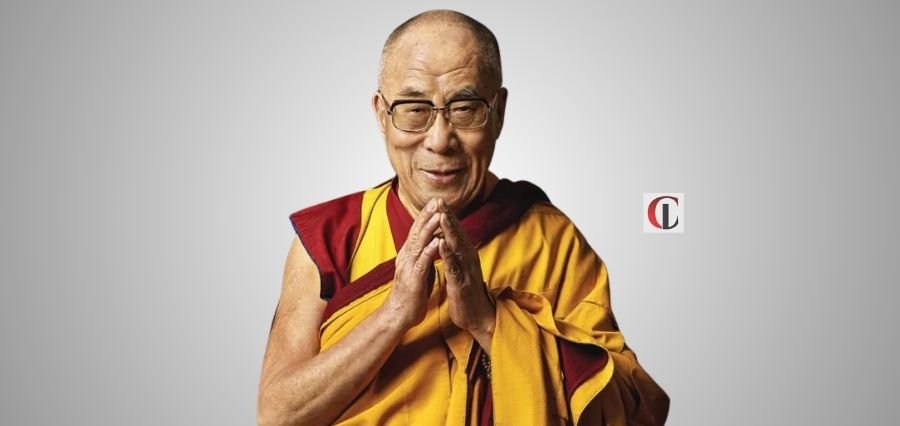Prime Highlights
- Tens of thousands worldwide celebrated when the Dalai Lama reached his 90th birthday, with tearful reunions in India and elsewhere.
- He declared the continuation of the Dalai Lama legacy, asserting that his religion—and not China—would determine the next incarnation.
Key Facts
- Rituals began from Dharamshala where thousands of people offered prayers at the Tsuglagkhang temple.
- The Dalai Lama was in a healthy state and had with him a message of world harmony, compassion, and peace.
- He made it very clear that the Chinese-backed successor would not be accepted by Tibetans or by his institution.
Key Background
14th Dalai Lama Tenzin Gyatso celebrated his 90th birthday on July 6, 2025, as a global spiritual emblem of peace, compassion, and resilience. Born in 1935, he was identified at the tender age of 4 to be the reincarnation of 13th Dalai Lama and rose as political head of Tibet at a comparatively young age. After the failure of the Tibetan revolt against Chinese rule in 1959, he fled to India and established a Tibetan government-in-exile in Dharamshala, which is currently the centre of the global Tibetan movement.
Commemorating this milestone birthday, thousands of Tibetans and international admirers joined in India and across the globe to mark his lifelong commitment to nonviolence, cultural heritage, and faith understanding. Observances began on June 30 according to the Tibetan calendar with ceremonies, public addresses, cultural events, and global interfaith messages of solidarity.
Spoken on his birthday, the Dalai Lama stated that his spiritual institution—the Gaden Phodrang Trust—would survive beyond him. He declared that the Dalai Lama line would never be terminated by him, asserting that his legitimate successor would be designated according to traditional Tibetan Buddhist customs by his trust, and not by Chinese officials. This was a direct denunciation of China’s claim that it has a legally sanctioned right to rule over Tibetan lama reincarnation, one based on Qing dynasty policies.
He warned Tibetans and the devout worldwide against recognizing any Chinese-holy-robed heir and proclaimed his subsequent birth would take place most probably in a free nation where Beijing could not reach. His declaration is made at a time when religious manipulation and cultural erasure anxieties are on the rise in Tibet as Beijing tightens the lid on religious activities in the country.
Since the Dalai Lama is now aged 90, the issue of succession has become increasingly pressing. World leaders, human rights organizations, as well as religious leaders around the world, have unanimously called to his sovereignty on the issue, urging retaining Tibetan Buddhist tradition and political sovereignty.
Dalai Lama’s legacy remains one of deep spiritual influence and global moral leadership—his 90th birthday was more birthday than an impassioned reassertion of Tibetan identity and resolve.
Read More – Trump Confirms August 1 Tariff Deadline, Signals No Further Extensions

